New ministry report: 11,000 students have experienced sexism
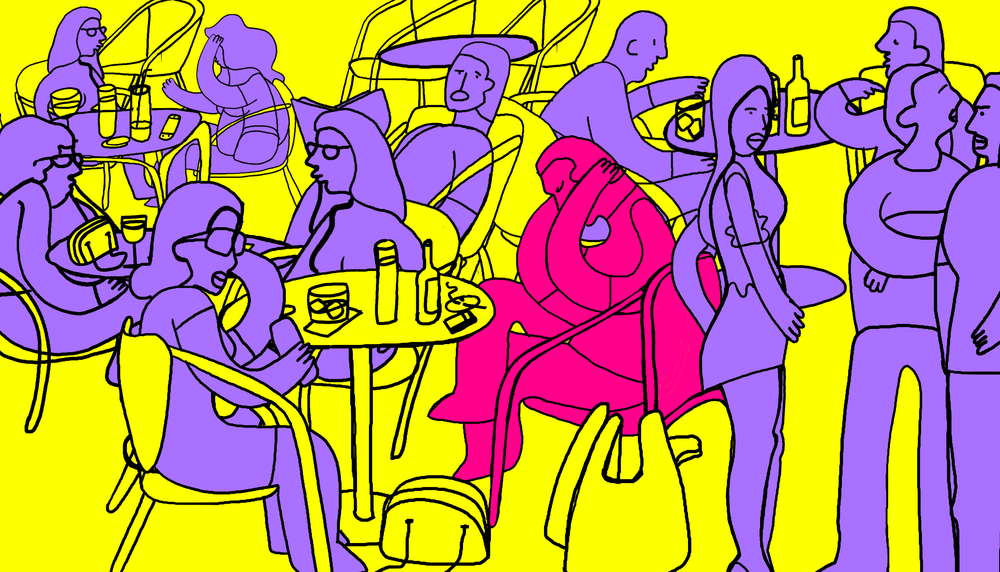
(Illustration: Shutterstock)
Students at the Danish higher education institutions have reported multiple cases of physical and verbal sexism in the Ministry for Higher Education and Science’s new report. In 2019, CBS published its first report investigating sexual harassment in the study environment.
Have you been touched, hugged or kissed in a way you did not like? Has your appearance or gender been commented on in a way you found inappropriate? Have you been discriminated against because of your sexual orientation, religion, gender, ethnicity or handicap?
Altogether, 94,000 students from across the Danish higher education institutions have answered questions like the ones above and of them, 11,000 have experienced physical and verbal sexism and unwanted sexual attention while studying.
“The figure is much too high, and it shows me that we have sexism in our higher education institutions and that the issue is too extensive,” says Ane Halsboe-Jørgensen, the Minister of Higher Education and Science in a news article published on DR.dk.
The report is the result of a survey initiated by the minister in the wake of the #MeToo wave in the autumn of 2020. In total, 259,568 students received a questionnaire regarding sexism, and 94,000 students answered the survey.
For example, 9% report that their gender or appearance has been commented on in an inappropriate manner. That equals 8,803 of the students. Also, 3% of the students have experienced being touched, hugged or kissed in a way they did not like during the past year.
Overall, women reported experiencing sexism to a larger degree than men. For example, 10% of the female students have experienced verbal sexism, compared to 7% of the men.
At the same time, the report concludes that the sexist actions and comments come from fellow students. However, 18% of the women and 11% of the men have experienced verbal sexism from their teachers.
The figures in the new report are not university specific, but in January 2019, CBS published its first-ever report on sexual harassment in the study environment. A total of 429 out of 22,000 students replied to the survey, which concluded that 41% of the 429 had experienced sexual harassment and 82% did not know where to get help at CBS.
The Minister of Higher Education and Science explains to DR.dk that she wants to shed light on the issue.
“First of all, I want to talk about it. I believe that you can achieve a great deal by shedding light on it. Moreover, we have to get the figures all the way into the individual study programs so that both students and those responsible for the study environments can decide where they stand,” she says.
The ministry expects the share of students who have experienced some form of sexism is actually probably higher, as only 1/3 of all students completed the questionnaire.
New Learning Environment Investigation
It is not the first time that sexism at Danish higher education institutions has been investigated. In November 2018, Universities Denmark and the National Union of Danish Students issued a report that aimed to map the nature of unwanted sexual behavior at universities.
Altogether, 150,000 students received the survey from the two organizations, and among the 1,194 students who responded, a total of 1,969 incidents of sexual harassment were reported.
The latest Learning Environment Investigation from 2020, which included questions about the physical, social and psychological environment said that approximately 10% to 15% of students state “that they have attended activities that they found transgressive or inappropriate”.
At the same time, the question ‘To what extent have you experienced social activities that overstepped your boundaries or were otherwise inappropriate?’ was rated 1.6/5 (1 is not at all, while 5 is to a very high degree) among bachelor students in 2019 and the figure declined to 1.3 in 2020.
Concerning the psychological environment at CBS, the report concludes:
“Overall, the evaluations show that the psychological environment has challenges. CBS’ data is no worse than that of other universities, but it is worrying that so many students experience stress on a daily basis, that some feel lonely, and that some are still exposed to inappropriate or transgressive behavior”.



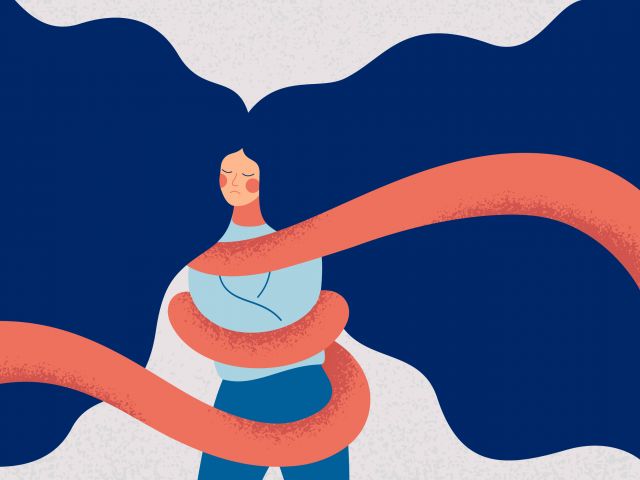

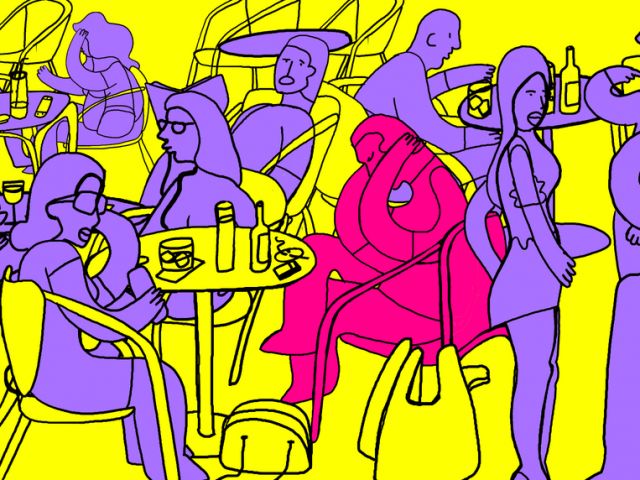
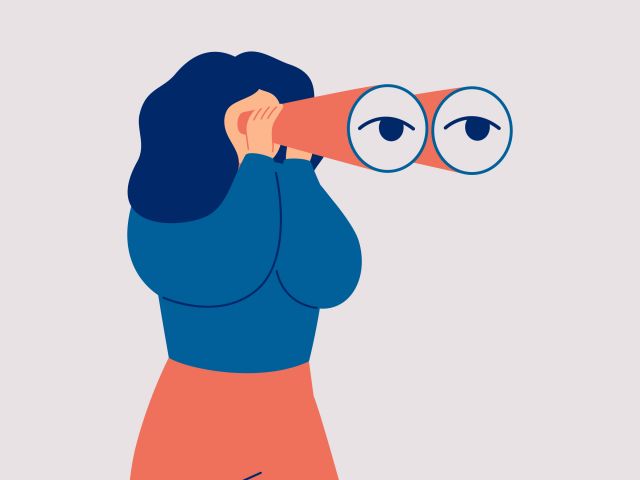
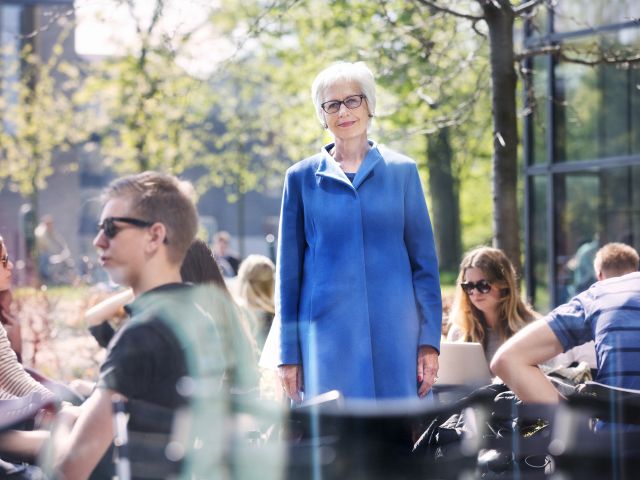

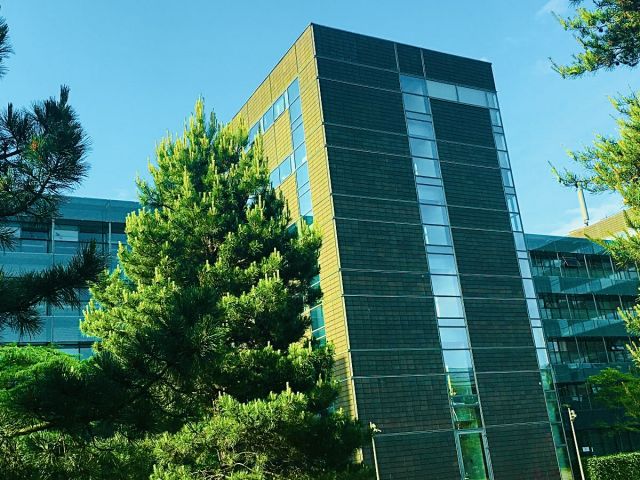




























































































































Comments